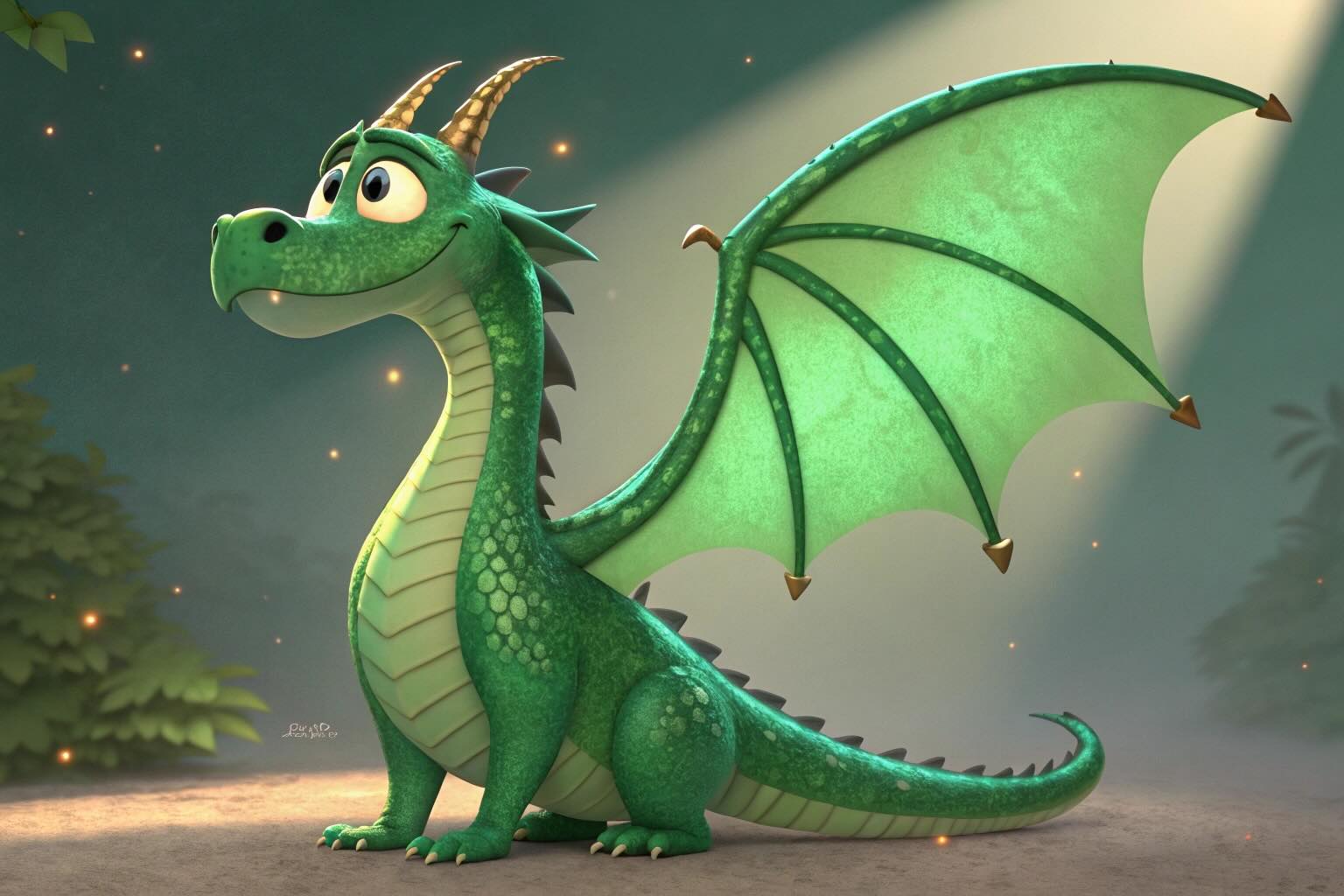
The Kind Dragon
The Kind Dragon is a heartwarming bedtime story about a lonely dragon who finds friendship and proves his bravery by saving a village from a forest fire.
⏱️12 min👶3-5🏷️#Originals

The Kind Dragon is a heartwarming bedtime story about a lonely dragon who finds friendship and proves his bravery by saving a village from a forest fire.